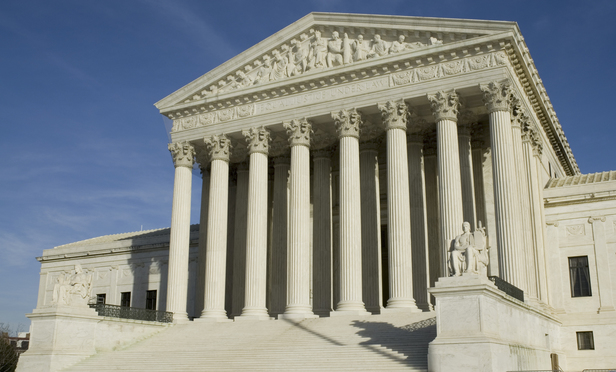The U.S. Supreme Court’s decision in Genesis Healthcare Corp. v. Symczyk, 133 S.Ct. 1523 (2013) quickly sparked a debate over the ruling’s future impact on Federal Rule of Civil Procedure 23 class actions. In the months following the decision, federal courts have handed down conflicting rulings on the effect of a Federal Rule of Civil Procedure 68 offer of judgment, such as that in Genesis, on a pending, putative class action. Some courts have held that an offer of judgment moots a class representative’s claims, requiring dismissal of the class action, while others have held an offer of judgment alone insufficient to dismiss a case. Given these mixed results, companies should consider an offer of judgment as a potential winning strategy while simultaneously monitoring any further attempts to extend Genesis to Rule 23 class actions.
Background of the Genesis Opinion
The Genesis decision heralded a substantial victory for defendants facing collective actions under the Fair Labor Standards Act (FLSA), as the Supreme Court held that a collective action is not justiciable after a plaintiff’s claim has been rendered moot. The Court’s majority declared that, when a named plaintiff’s claim has been mooted through an offer of judgment, “the mere presence of collective-action allegations in the complaint cannot save the suit . . . once the individual claim is satisfied.”






